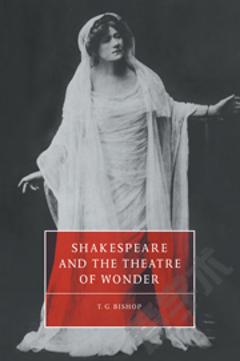Shakespeare's Clown: Actor and Text in the Elizabethan Playhouse
This book argues that a professional Elizabethan theatre company always contained one actor known as 'the clown'. Its focus is Will Kemp, clown to the Chamberlain's Men from 1594 to 1599 and famed for his solo dance from London to Norwich in 1600. David Wiles combines textual, theatrical and biographical lines of research in order to map out Kemp's career. He shows how Shakespeare and other dramatists made use of Kemp's talents and wrote specific roles as vehicles for him. He discerns a perpetual and productive tension between the ambitions of a progressive writer and the aspirations of a traditional actor whose art was rooted in improvisation. The book also describes the clown tradition in general, dealing with Kemp's inheritance from medieval theatre, with the work of Richard Tarlton, the great comic actor of the 1570s and 1580s, and with Kemp's successor, Robert Armin, who created the 'fool' parts in Shakespeare.
{{comment.content}}








 京公网安备 11010802027623号
京公网安备 11010802027623号